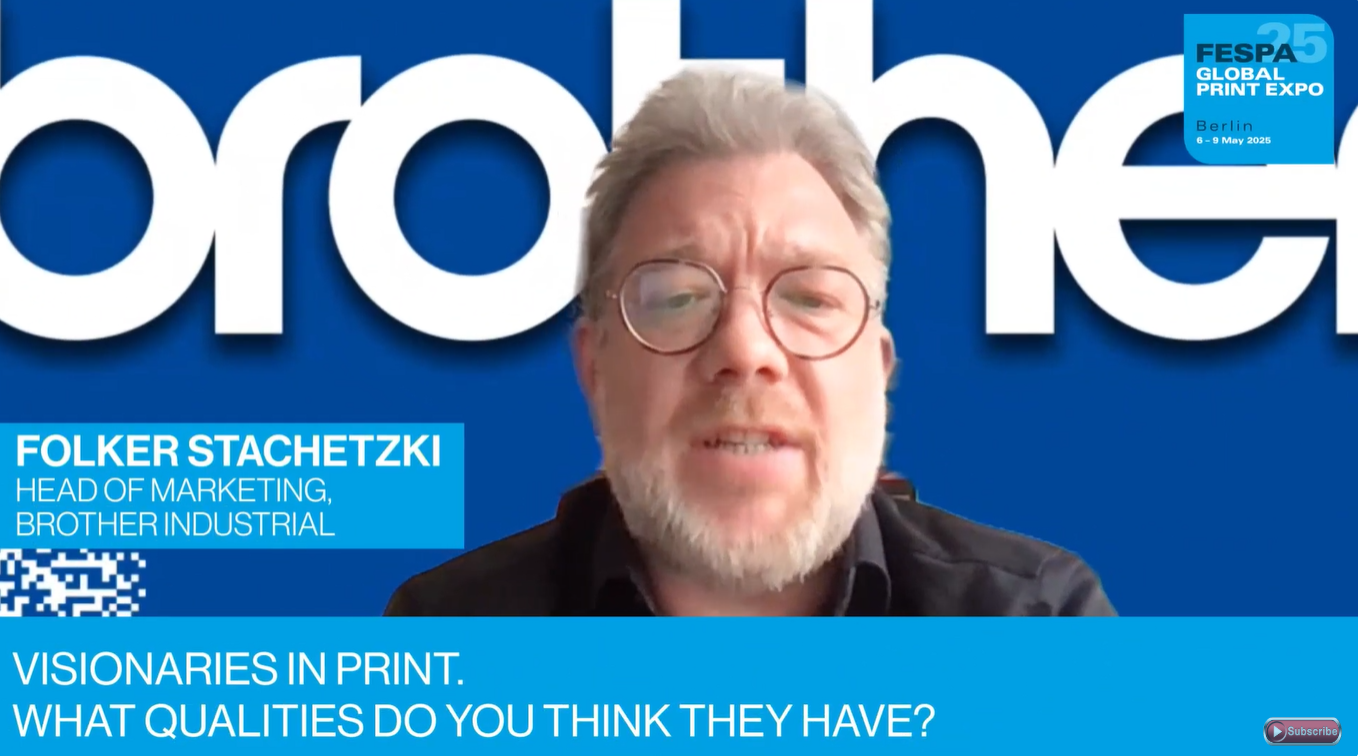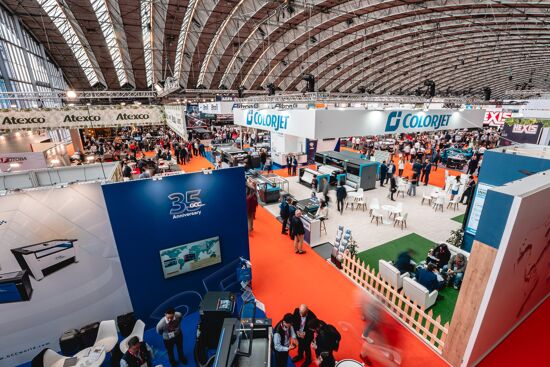Paper made from grass

Scheufelen Paper, a European producer of coated premium paper products for the graphics industry is currently creating a new paper made from grass. This new development has interesting potential as a new alternative for packaging and is suitable for graphic papers.
Like a majority of the paper industry, Scheufelen Paper has experienced a decline in its traditional business. Therefore, a few years ago the company began developing grass-based papers and recently received further investment to develop its ideas and products from the Green Growth Fund 2 (GGF2). The GGF2 targets energy and resource companies within the European Union and support their global growth. GGF2’s investment into Scheufelen Paper enables the company to advance development and production of its grass paper products with the aim of disrupting the paper industry.
The company claims that manufacturing this new substrate consumes less than half the resources of processes using chemical cellulose sourced from wood. This is since the raw material, sundried grass that is used in grass papers is sourced close to its point of manufacture and production needs 50% less energy and chemicals. In addition, it saves 6,000 litres of water per tonne in comparison to alternative processes. This product is based on fresh fibre pulp, turning this into paper requires much less water and energy. Scheufelen Paper comments that it uses less than 1 litre of water per tonne and 4.8 fewer tonnes of carbon dioxide to manufacture grass paper and require no processing chemicals.
The grass paper can be used for books, office paper and for packaging. This industry is worth several billions and these new grass-based papers can be used instead of petro-chemical based plastics. Scheufelen anticipate that they will develop products suitable for corrugated and folding box food packaging applications. Since the grass paper has bio-based waters and fat barriers, the company believe it will replace food pouches, cups, trays foils and cards made from plastic. Andreas Rohardt, a Scheufelen board member has 30 years of experience in the wood, pulp and paper industry. He comments that “just as people switched from fresh fibre white paper to recycled paper in the past, we anticipate that people will now shift from plastic and recycled paper bags, trays and packaging foils that have negative health effects to grass paper as its cost-competitive with a much smaller environmental footprint and has less health risks.”
The increase in funding will be used to increase grass paper production to significant monthly volumes, mainly for food and retail applications. Grass paper can be easily recycled and composted. If all goes to plan, then Scheufelen’s grass paper could definitely seriously disrupt the paper industry.
Source: This article was produced by the Verdigris project, an industry initiative intended to raise awareness of print’s positive environmental impact. This commentary helps printing companies keep up to date with environmental standards, and how environmentally friendly business management can help improve their bottom lines. Verdigris is supported by the following companies: Agfa Graphics, Spindrift.click, EFI, FESPA, HP, Kodak, Kornit Digital, Ricoh, Splash PR, Unity Publishing and Xeikon.
Topics
Interested in joining our community?
Enquire today about joining your local FESPA Association or FESPA Direct
Recent news

GenAI + POD: The Smartest Way to Add Personalised Products to Your Retail Offering in 2025
In 2025, GenAI and POD are transforming retail. Masterpiece AI empowers businesses to offer unique, AI-generated personalised products, from apparel to home decor. Customers use text prompts to create custom designs, streamlining production and boosting sales. This revolutionises customer experience and product offerings.
.png?width=550)
What qualities should visionaries in print have? With Folker Stachetzki from Brother
We speak to Folker Stachetzki, Head of Marketing at Brother about visionaries in print.

Bolstering personalisation by combining print and digital technology
Using printed material in combination with digital technologies offers more opportunities to those offering personalisation to customers. Rob Fletcher shares some recent examples of the print and digital working together to enhance the impact of personalised pieces.

European Sign Expo to highlight developments shaping the future of signage and visual communications
European Sign Expo 2025 (6 – 9 May, Messe Berlin, Germany) is weeks away and a host of leading exhibitors are all set to welcome Visionaries from across the signage and visual communications industries to their stands.